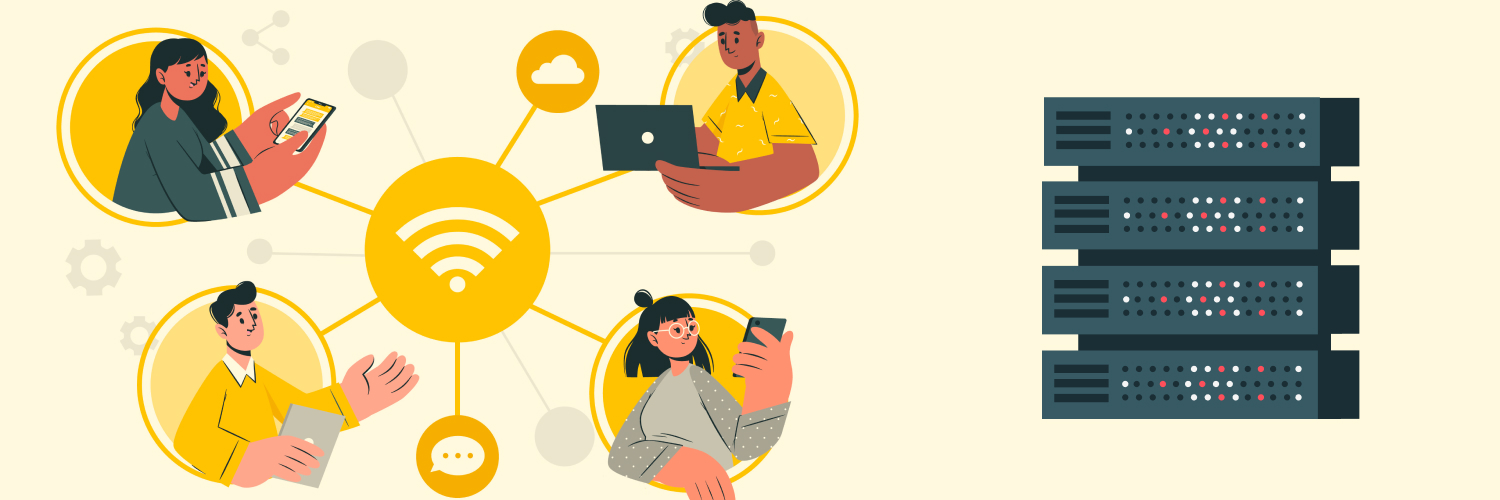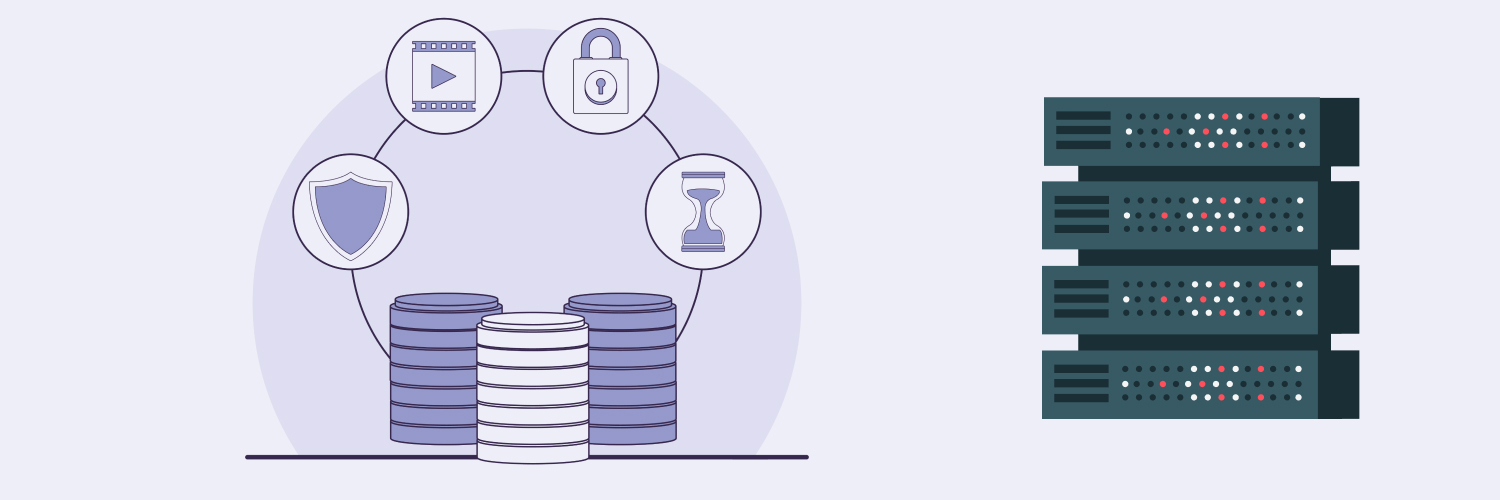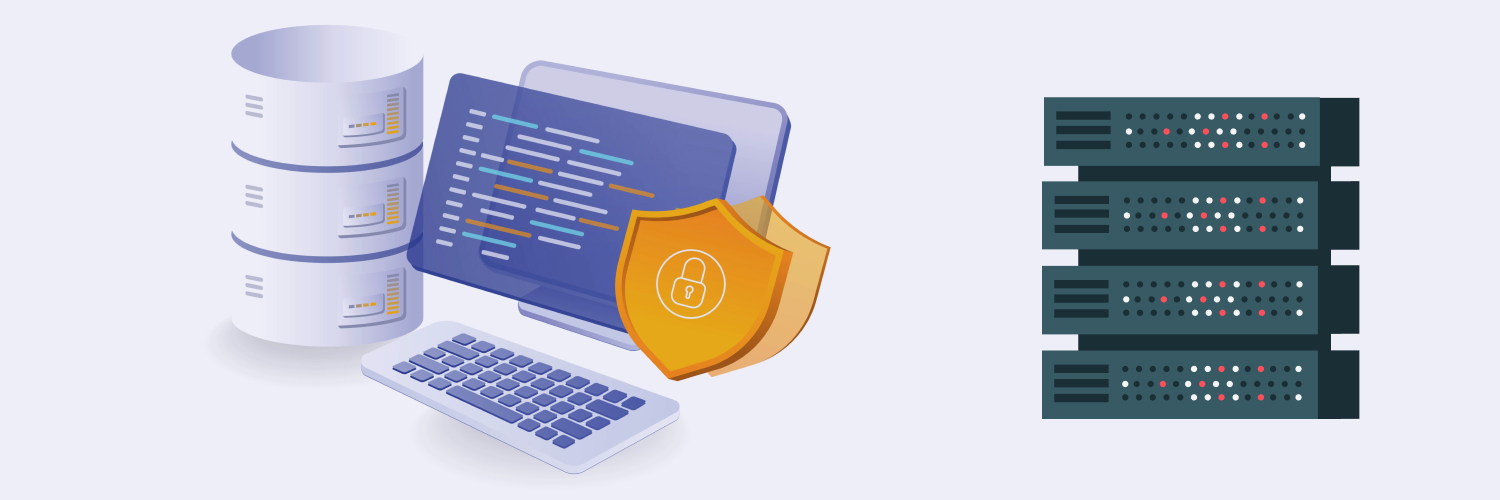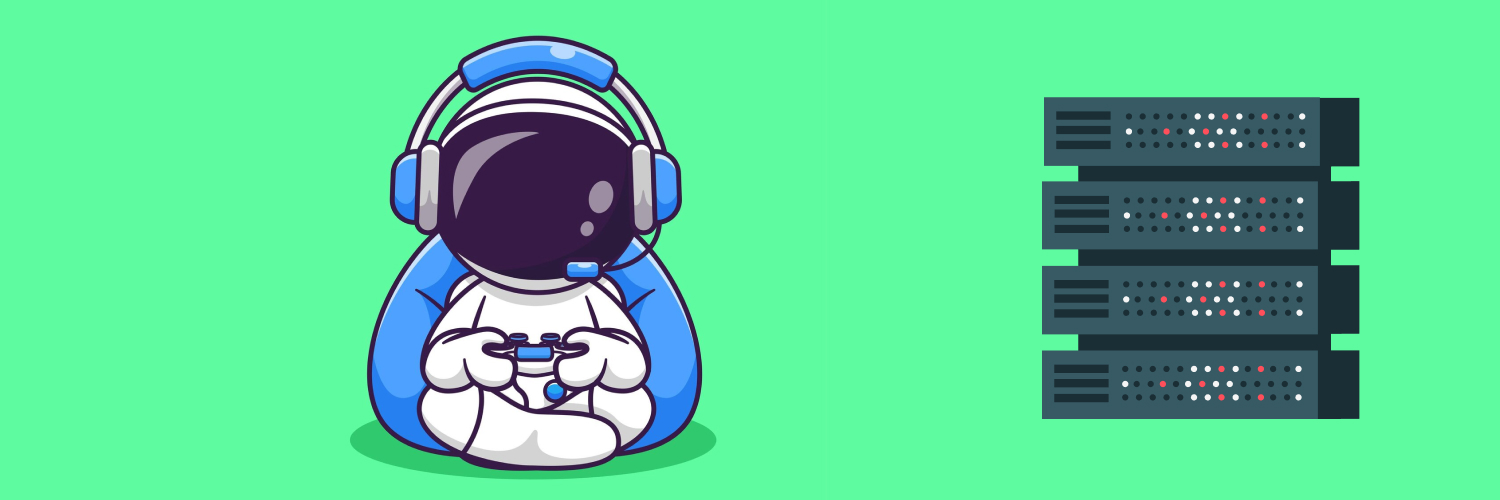4 Benefits of Retail Analytics for Your Retail Business
In an industry as crowded as the retail industry is, implementing a comprehensive strategy for data analytics is more than just an option; it is a necessity. With retail serving as the final link between manufacturers and end-users, there is a lot of ground to cover as a retailer, to successfully compete against the thousands of other sellers who are selling the same products. You have to constantly consider the whims of the manufacturer, the wholesaler, fellow retailers and the consumers before you can make any business decisions. What’s more, it is incredibly hard to build a brand as a retailer because the goods you sell are not your own. So how do you navigate this sea of obstacles? With retail analytics.
Retail analytics make it possible for you to use the digital footprint and online data generated by the manufacturers, wholesalers, fellow retailers, consumers and the entire retail industry at large, to inform your business strategies and make better business decisions. Employing a data-driven strategy for stocking goods, tracking supply chains, gaining new customers and delivering products makes it possible for you to meet your customers at their points of needs and serve them better than the competition. However, with how competitive the retail industry is, you might encounter a lot of problems in trying to collect data, especially from the competition. Nobody wants you to use their own data against them, therefore, at any sign of mass data collection from their websites or platforms, they might look to block your actions. This is where scraping proxies come in.
In this article, we’ll discuss the benefits of retail analytics to your retail business and how to collect retail data at the enterprise level with the help of proxies. Feel free to skip ahead with the table of contents below.
Table of Contents
1. How Does Retail Analytics Work?
2. Collecting Retail Data With Proxies
3. How to Pick the Right Proxies for Collecting Retail Big Data
How Does Retail Analytics Work?

When you have a business with a lot of moving parts like retail, it is nearly impossible to monitor all the moving parts manually. Traditionally, retail businesses had to stay small, because every increase in scale leads to multiple increases in complexity. The bigger you get, the more suppliers, more competitors and more customers you have to deal with. The hassles of managing a larger inventory alone have made many retailers go out of business. However, with retail analytics, you can confidently scale your business without fear of not being able to manage it. Retail analytics allows you to use industry data to gain valuable insights into business processes that help you scale, manage and improve your business with minimal increase in effort. Here are some ways retail data analysis helps you do this:
- Inventory management: One of the major issues you can face as a retailer is inventory management. How do you make sure you always have enough goods in stock without overstocking? How do you prevent stockouts? How do you anticipate booms in sales and how do you handle lean periods? Retail analytics makes it easy for you to track consumer trends and industry trends. This way, you can easily use customer data to anticipate booms and dips, to make sure you always have the right amount of inventory. You can also track the coming and going of goods from your warehouses to know just how much you have left. With retail analytics, you don’t have to set aside two days out of every week to count your inventory.
- Supply chain management: Retail analytics allows you to develop an automated strategy for managing your supply chains. With the right data sets, you can identify the best suppliers based on price, location, delivery method, etc. You can engage multiple suppliers for different sales periods without ordering too many supplies. Retail analytics also make it easy for you to synchronize your systems with that of your suppliers so you can always know the types of goods they have available.
- Order Management: Retail data analysis also extends into the field of order management. With retail big data, you can tag and track orders from your consumers. For example, if you have multiple customers ordering from the same location, lack of proper data might make you send out the orders individually, thus wasting money on delivering the goods separately. However, with proper retail data analytics, you can identify these kinds of order clusters and send out all the goods at once to avoid multiple delivery charges. You can also easily track all the orders you have en route to make sure your customers get their orders on time.
Collecting Retail Data With Proxies

With the decision to invest in proper retail data analytics in your retail business comes the need to securely and speedily collect large volumes of data from different sources across the retail industry. The world of analytics is built on a foundation of quality data in large quantities and analytics in the retail industry is not left out. One of the best methods you can employ to successfully overcome this data hurdle is to use data scraping bots or services. Data scraping bots help you to parse through the original language of the internet and extract data according to the parameters you set.
E-commerce potential
However, as we said earlier, retail is an extremely competitive industry and your competitors don’t want you scraping their data. Therefore, they will always be on the lookout for data scraping activities and will be quick to block you. And if you choose to use a retail giant like Amazon as the source of your industry research, you will find yourself facing even more stringent measures against data scraping activities. Amazon is extremely quick to block any IP address that exhibits bot-like behavior, which means your scraping bots are going to get banned continuously unless you use proxies.
Proxies are software that interface between your normal IP address and the internet, providing you with a different IP address and thereby hiding your activity on the internet from anyone who might want to monitor you. Any time you visit a website on the internet, that website tracks your IP, for a whole lot of different purposes. This means every time you return to that website, it can identify you and link to your past activities. This places a lot of limitations on you, especially when you are trying to scrape retail data. However, with proxies, you are able to use different IP addresses to access the website which means it can’t link you to your past activities. And if it can’t link you to your past activities, then it can’t tell that you are scraping data.
Efficient data collection
Using proxies alongside your scraping software to collect retail big data comes with a lot of benefits. First, the website you are scraping from cannot track your activity, so your IP address won’t get banned. Second, proxies also allow you to gain access to location-restricted websites. Your normal IP address has a location attached to it and some websites might not be available in your location. With proxies, you can set your proxy IP address to another location which gives you access to these location-restricted websites.
Proxies also allow you to scale up your data collection efforts to an enterprise level. Since you can employ multiple proxies to give you the appearance of having different IP addresses, you don’t have to extract the data you need one after the other. You can extract large volumes of data at once, speedily, efficiently, and securely. Proxies also provide security for your scraping activities such that even if someone notices the scraping activity, they cannot track it to your IP address.
So what are the things you need to look out for when selecting a proxy to help you collect retail data?
How to Pick the Right Proxies for Collecting Retail Big Data

When picking a proxy provider, you generally want the proxies to be fast, secure, and have a lot of bandwidth. However, there are some other things you should consider.
Static (dedicated or semi-dedicated) or rotating proxies: Using a static proxy means you always use the same proxy IP address. A dedicated static proxy is a single proxy with one IP address that is solely for you while a semi-dedicated is shared among 3-5 people. Generally, a static proxy is not ideal for data scraping activities as the same problem with using your own IP is still encountered. After a while, the proxy IP address will get banned.
A rotating proxy switches out your proxies every time you visit a website. You can implement rotating proxies by buying a lot of dedicated proxies and loading them into your scarping software or you can get a proxy provider that offers rotating proxies. With rotating proxies, websites find it harder to ban your activities since they can’t pin them to a single IP address.
Datacenter or residential proxies: Datacenter proxies are located in a data center and do not have any ISP or location attached to them, while residential proxies are much like your original IP address, with an ISP and location attached and purchased from actual people. Datacenter IPs can sometimes be identified by websites as having the appearance of automation which means they might get banned. Residential proxies on the other hand always have the appearance of actual user activity, which makes it harder for them to get banned.
Benefits of Retail Data Analytics for Your Business

So how does your retail business benefit from implementing a retail analytics strategy with retail big data collected using scraping proxies?
- Pricing Intelligence: As a retailer, one of the most delicate aspects of your business is pricing. As opposed to the manufacturer who just calculates their manufacturing costs, you have to take into consideration a whole lot of different things. According to research, 80% of shoppers check prices online before going to make a purchase. Retail analytics empower your pricing strategy by making it easy for you to retail pricing data on standard industry prices and competitor prices. These data sets will help you develop a pricing strategy that keeps you competitive without hurting your bottom line.
- Competitive intelligence: Apart from pricing, there are other data sets you need to analyze on the activities of your competitors. SEO data, customer reviews, even their inventory data. If they out of a particular product and you have it, then it might be time to market it better.
- Monitoring trends: Since your consumers are the ones who dictate what gets sold at a particular time, it is necessary to keep an eye on their activities across the internet. Monitoring consumer trends allow you to stay ahead of the curve with retail consumer analytics and react to events faster. You also need to keep an eye on trends in the industry. Sometimes, you need to follow the crowd. If everybody starts selling a particular product suddenly, perhaps you should be selling it too.
- Inventory optimization: Retail analytics makes it easy for you to optimize your inventory and make sure you are only carrying the necessary amount of inventory. This is especially valuable if you carry perishable goods in your inventory. You need to make sure you don’t have more inventory than you can sell or order more products than was requested. Implementing retail analytics makes it easy for you to build an optimum inventory strategy.
The Best Proxy Provider for Big Data in Retail

If you are searching for a proxy provider that can empower your retail business with accurate data, then you are in the right place. At Rayobyte, we provide proxies with all the necessary attributes and more. We have data centers in multiple countries across the world and we can add more at your request. Our residential proxies are sourced fairly and transparently with proper compensation for the real users. Our proxies are extremely affordable and efficient. Check out our pricing page for a quotation for your needs.
Final Thoughts

Employing retail analytics for your retail business is the difference between your multinational digitalized retail business and the corner store shop that has been there for 40 years and hasn’t gotten bigger. Retail data analytics allow you to grow, scale, and manage your retail business efficiently and with data sourced with Rayobyte’s scraping proxies, you never have to worry about data droughts or inaccurate data.
The information contained within this article, including information posted by official staff, guest-submitted material, message board postings, or other third-party material is presented solely for the purposes of education and furtherance of the knowledge of the reader. All trademarks used in this publication are hereby acknowledged as the property of their respective owners.





